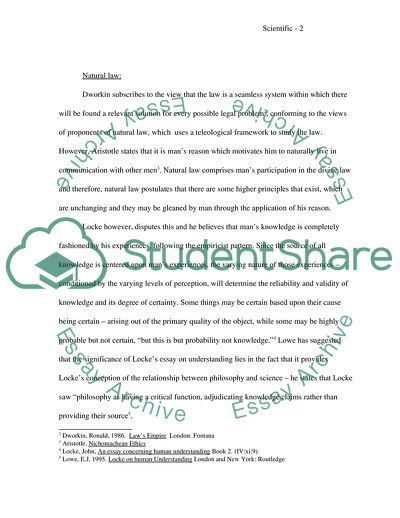Cite this document
(The Use of Scientific Methods to Study the Law Coursework, n.d.)
The Use of Scientific Methods to Study the Law Coursework. https://studentshare.org/law/1703942-jurisprudence-is-it-useful-to-use-scientific-methods-to-study-the-law
The Use of Scientific Methods to Study the Law Coursework. https://studentshare.org/law/1703942-jurisprudence-is-it-useful-to-use-scientific-methods-to-study-the-law
(The Use of Scientific Methods to Study the Law Coursework)
The Use of Scientific Methods to Study the Law Coursework. https://studentshare.org/law/1703942-jurisprudence-is-it-useful-to-use-scientific-methods-to-study-the-law.
The Use of Scientific Methods to Study the Law Coursework. https://studentshare.org/law/1703942-jurisprudence-is-it-useful-to-use-scientific-methods-to-study-the-law.
“The Use of Scientific Methods to Study the Law Coursework”. https://studentshare.org/law/1703942-jurisprudence-is-it-useful-to-use-scientific-methods-to-study-the-law.


